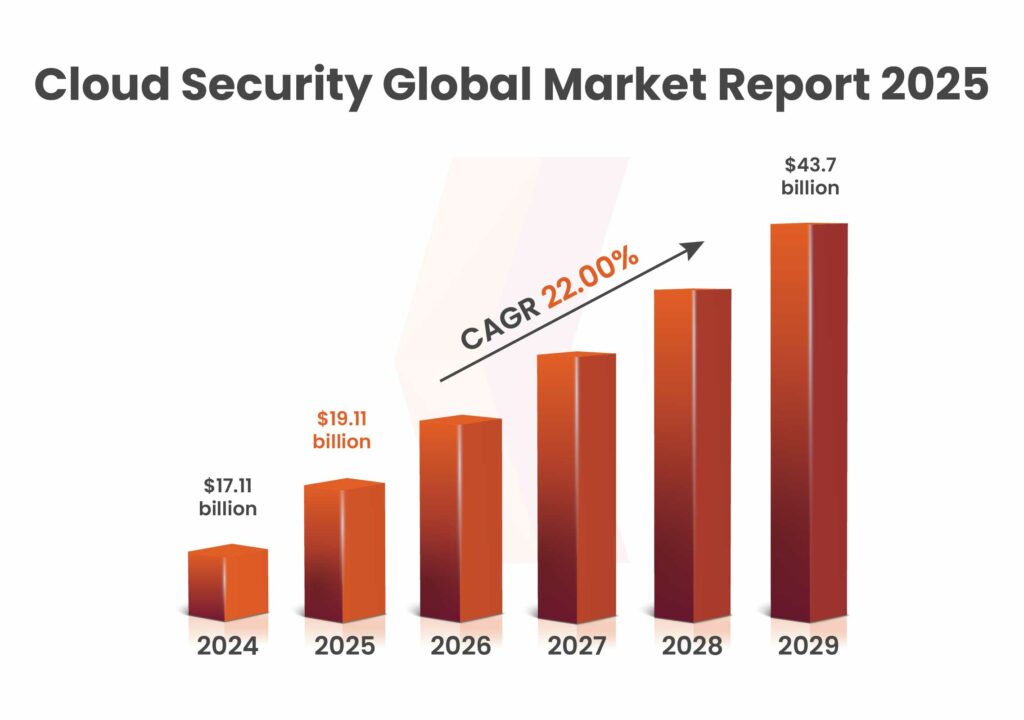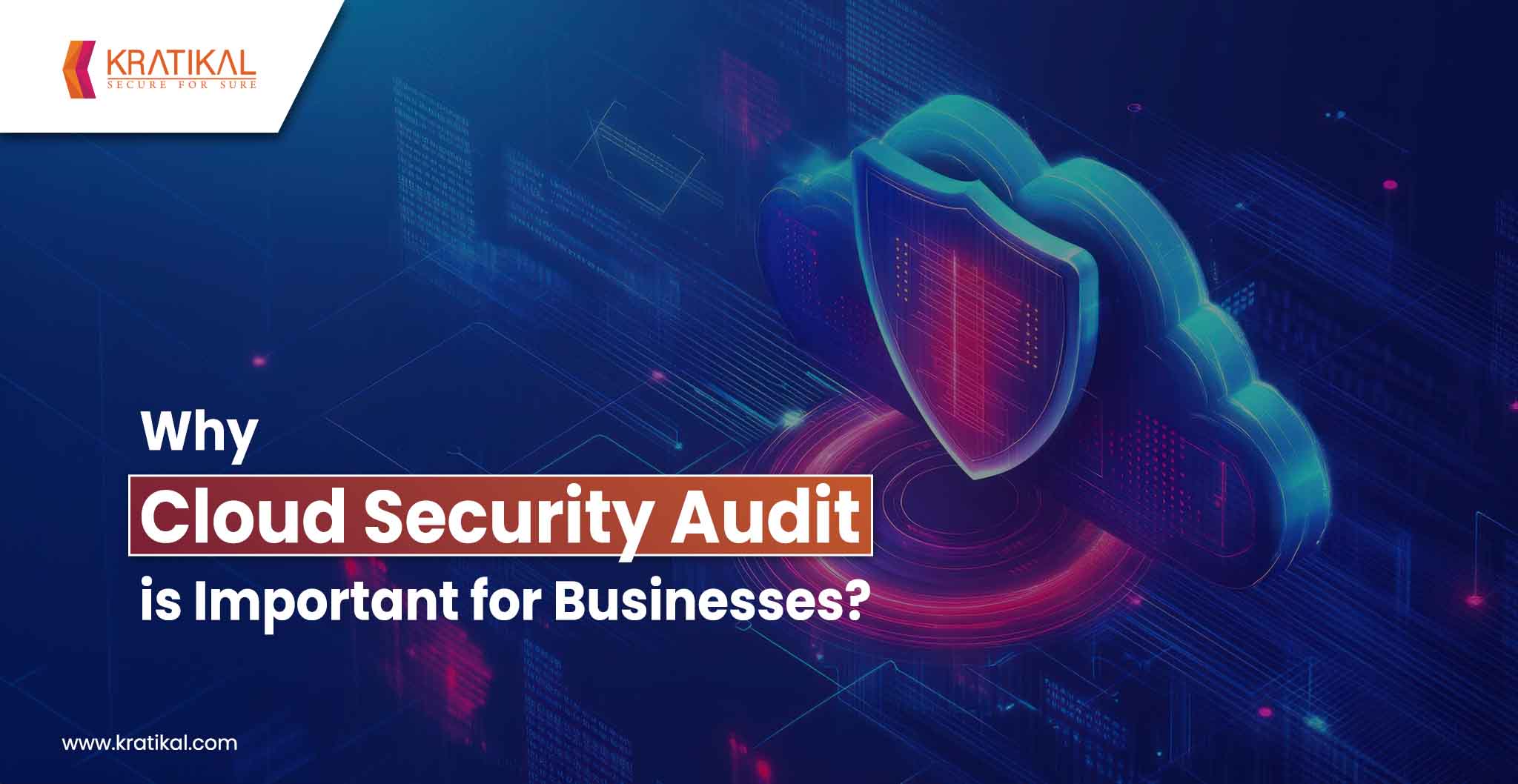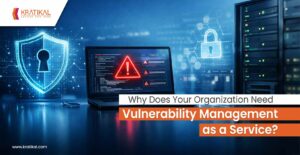Cloud security audit is essential to protect cloud-hosted applications and data from unauthorized access and theft. While cloud providers offer businesses the advantage of hosting apps and data with ease, this flexibility comes with security risks. A breach in cloud security can lead to significant financial and reputational damage, requiring substantial resources to address and recover.
The blog covers key aspects of cloud security and the audits performed to assess it. It begins with explaining the concept of a cloud security audit, why it’s important for businesses, and the steps involved.
Table of Contents
Growth Rate of Cloud Security Audit in 2025

The cloud security market has experienced significant growth in recent years and is projected to expand from $17.11 billion in 2024 to $19.71 billion in 2025, reflecting a compound annual growth rate (CAGR) of 15.2%. This growth during the historic period can be attributed to factors such as regulatory compliance demands, emphasis on identity and access management.
What is Cloud Security Audit?
Cloud security audits focus on examining an organization’s infrastructure, policies, and controls to ensure compliance with regulatory standards. Although often mistaken for cloud security assessments, the two have distinct objectives. A cloud security audit evaluates compliance and security controls based on laws, regulations, frameworks, and standards, whereas a cloud security assessment analyzes an organization’s cloud infrastructure to identify and mitigate security risks.
Why is Cloud Security Audit Important for Businesses?
Cloud security services are now a standard choice for businesses of all sizes, providing significant benefits in cost-efficiency, scalability, and flexibility. However, these advantages come with inherent security challenges, making it essential to regularly assess the security status of your cloud environment and the data it hosts.
Adherence to Regulatory Requirements
A cloud security audit detects compliance risks and offers remediation strategies. By adhering to regulations, businesses can distinguish themselves from competitors while enhancing brand credibility and trust.
Data Security
Cloud service security ensures data confidentiality, integrity, and availability. It helps organizations understand their cloud environment, identify potential threats, and implement effective controls to mitigate these risks.
Efficiency of Security Measures
Regular cloud security assessments help evaluate the effectiveness of an organization’s security controls. They ensure these controls can successfully detect and prevent unauthorized access to data.
Prevention of Data Loss
Audits evaluate your organization’s vulnerability to data loss and the associated risks. They help identify potential sources of data loss, enabling you to prioritize and address those areas using the audit results.
Enhancing Security Posture
It involves identifying gaps in security controls to help organizations evaluate their cloud security framework. This evaluation enables them to implement necessary improvements to prevent breaches and cyberattacks.
Get in!
Join our weekly newsletter and stay updated
Impact of Cloud Security Audit on Organizations
Cloud security audits greatly benefit organizations by strengthening data security and fostering customer trust. These audits are vital for identifying vulnerabilities and gaps in existing security controls while offering actionable recommendations for improvement. They comprehensively assess data storage, transmission, and access protocols to ensure the protection of sensitive information. Furthermore, by simulating cyberattacks, these audits evaluate the effectiveness of security measures, enabling organizations to proactively mitigate potential threats.
Role of Cloud Security Audit on Businesses
Cloud security audits are vital for safeguarding business data and ensuring compliance with regulations. Business data stored in the cloud is a critical asset that often includes sensitive customer information, intellectual property, and financial records. A security breach can result in significant financial losses and reputational harm, highlighting the need for robust security measures. Cloud security audits evaluate existing security controls to protect this data and offer recommendations to enhance its confidentiality, integrity, and availability.
How Cloud Security Audit Process Works?
Below is the audit process for cloud security audit:
Preparation
Before conducting an audit, auditors must identify the criteria to be used, which may include in-house standards, external standards, or a combination of both.
For in-house audits, the organization or a third-party auditor establishes the criteria based on its security-related processes and policies. For external audits, the auditing organization determines the criteria. Auditors prepare by outlining the audit scope, objectives, and techniques for assessing the organization’s security.
It is crucial for companies to account for all critical aspects of cybersecurity during audit planning. Personnel should review security-related processes and policies, maintain records of staff with access to sensitive information, and ensure IT security responsibility is well-defined. Additionally, any employees lacking proper security training must be adequately trained before the audit commences.
Investigation
Auditors assess an organization’s IT security posture by reviewing policies, system logs, network diagrams, and documentation. System logs are crucial for tracking data access and investigating breaches. They also evaluate standard procedures and identify vulnerabilities like outdated patches or improper access controls, ensuring security measures are adequate and preparing for penetration tests.
Testing
Audit teams also conduct detailed interviews with stakeholders and personnel who have access to sensitive data to assess standard practices and response protocols. These interviews provide valuable insights into the physical locations of IT infrastructure and the effectiveness of security controls, particularly when audits are initiated due to an attack or data breach. Auditors may also observe security personnel in action to ensure proper procedures are followed.
With advancements in technology, security audits increasingly leverage automation and artificial intelligence to detect and analyze system vulnerabilities more efficiently.
Reporting
Security audits are essential for evaluating an organization’s security posture, identifying vulnerabilities, and ensuring compliance with standards. Audit reports provide prioritized recommendations for improvement, helping address process-related and technical gaps. Regular audits reveal outdated measures, maintain documentation accuracy, and ensure employee adherence to procedures, contributing to an overall effective cybersecurity strategy tailored to organizational needs.
Book Your Free Cybersecurity Consultation Today!
How Kratikal Can Help you In Cloud Security Audit?
Kratikal offers comprehensive cloud security audit services designed to identify vulnerabilities, ensure compliance, and enhance the security posture of organizations. With expertise in evaluating cloud environments, Kratikal’s team of certified cybersecurity professionals assesses security measures, policies, and controls to uncover gaps and provide actionable recommendations. Their audits include analyzing data storage, transmission, and access protocols, as well as testing the effectiveness of security controls through advanced tools and methodologies. By leveraging their tailored strategies and industry expertise, Kratikal helps businesses secure their sensitive data, maintain regulatory compliance, and build trust with stakeholders.
FAQs
- Why is security auditing important for businesses?
Conducting security audits is essential for businesses as it uncovers vulnerabilities, ensures adherence to regulatory requirements, safeguards sensitive information, and fosters customer confidence. This process ultimately strengthens and fortifies an organization’s cybersecurity framework.
- What is the purpose of cloud security audit?
Cloud security audits play a vital role in securing critical data, identifying security weaknesses, developing new security policies, and monitoring the effectiveness of existing security measures. Conducting regular audits ensures employees adhere to security protocols and helps detect emerging vulnerabilities.









Leave a comment
Your email address will not be published. Required fields are marked *